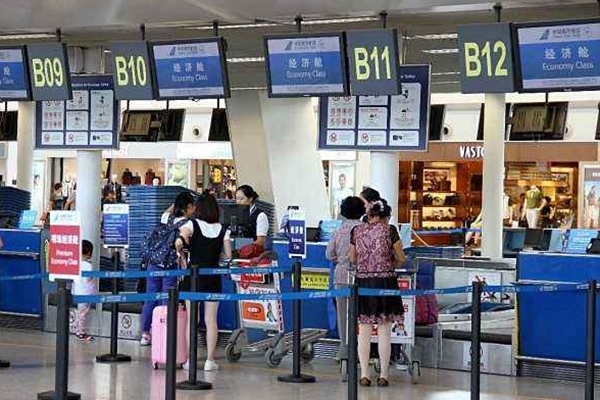|

|
|
Research vessel and icebreaker Xuelong (Snow Dragon) on a mission in Antarctic on Dec 5, 2016. [Photo/CCTV]
|
China published its first white paper on its Antarctic explorations on Monday, pledging to boost its capabilities in the exploration and study of the continent.
The paper says China will build a new permanent station and advanced icebreakers, develop aerial capability for survey and transportation, and design scientific apparatuses for the Antarctic environment. However, it does not elaborate on schedules and details.
The white paper, China’s Antarctic Programs, was produced by the State Oceanic Administration and released in Beijing on Monday, a day ahead of the 40th Antarctic Treaty Consultative Meeting, being held in the capital from Tuesday to June 1.
About 400 delegates from 42 countries and 10 international organizations planned to take part in the meeting, which is an annual decision-making session established under the Antarctic Treaty. It will be China’s first time to be host.
Vice-Premier Zhang Gaoli will attend the meeting’s opening on Tuesday and will address the group, Foreign Ministry Spokeswoman Hua Chunying said at a news conference last week.
The main topics are to include the implementation of the Antarctic Treaty system, climate change’s impacts, tourism, and special protection and management regions, Hua said.
China signed the Antarctic Treaty in 1983 and became a consultative member two years later. It sent its first Antarctic expedition in 1984 and set up its first permanent station the next year. It now maintains four Antarctic stations-Changcheng, Zhongshan, Taishan and Kunlun, and has sent 33 expeditions.
Chinese scientists have chosen a site for China’s fifth Antarctic station, which will be near the Ross Sea, in the Southern Ocean, Lin Shanqing, deputy head of the State Oceanic Administration, said in April. He said that experts had inspected five locations including Inexpressible Island and the Brown Peninsula during the 33rd Antarctic expedition, which concluded in April.
Preparation work for the new station has been completed and construction will start as soon as 2018, Lin said.
China has also finished the site selection and survey for its first airfield in Antarctica, and construction is planned to start as early as the end of this year.
The airfield will be able to handle fixed-wing aircraft. At first there will be only one runway and fixed-wing aircraft will need to be equipped with a pair of runners to land, said Sun Bo, deputy director of the administration’s Polar Research Institute of China. Other planned runways in the same area will be flatter and thus capable of handling large airplanes not equipped with runners.

